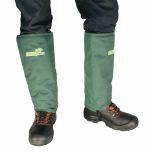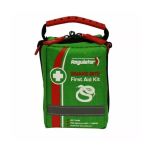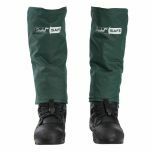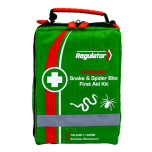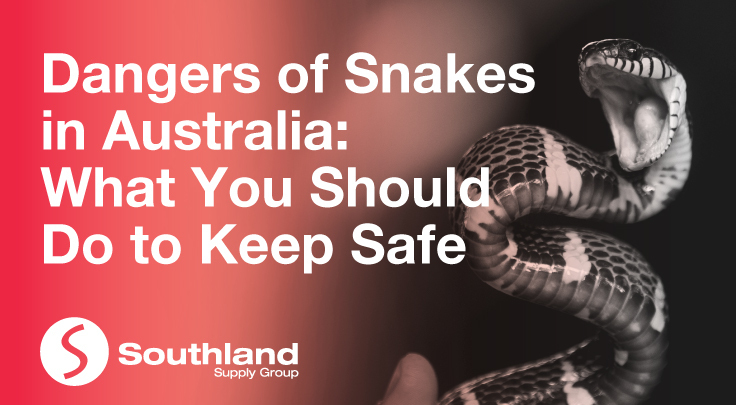
Australia has some of the world’s most venomous and deadly snakes. Snake bites are most likely to occur in the warmer months when snakes are more active and looking for food, water, or a mate. They are often found in rural and remote areas, such as farms, but can also be found in urban areas such as backyards, sports fields, and construction sites.
Snakes will often find shelter at a workplace when the office or site is vacant over a weekend or holiday break. Cool, dark protected areas such as under buildings and near sheds, around rubble and stored materials, and in long grass are typical areas that snakes may be found. As with all Australian native animals, snakes are protected under the Nature Conservation Act 1992, and therefore cannot be lawfully killed or taken from the wild and held in captivity.
All Australians need to be aware of the dangers of snakes and adopt some necessary safety precautions to minimise the chances of a negative encounter, and to know how to respond if a snake bite does occur.
For anyone living on a farm, working in a remote area - or even those who just live-in rural towns where ambulance response times can be longer due to distance - it is incredibly important to have a snake bite first aid kit handy, as it could save your life.
Snake Bite Prevention
- Minimise the food sources for snakes by removing anything that may attract rodents or frogs.
- Reduce rubbish/materials where a snake could shelter.
- During summer and particularly after holiday breaks, remind staff of the increased risk of the presence of snakes.
- Use protective wear such as snake gaiters, long pants, and covered shoes if walking in bushland, long grass, remote areas, or when gardening.
- An increased awareness of snakes is the best protection. The snake will not be looking for you, so be alert and on the lookout for snakes.
First Aid Treatment for Snake bite
- Do not wash the bite or attempt to catch/kill the snake.
- Apply a firm bandage over the bitten area and around the affected limb, using a crepe or conforming bandage.
- Bandage from the bite to the fingers or toes then up to the armpit or groin.
- Apply a splint to immobilise the limb.
- Do not give alcohol, food or drugs as these will stimulate fluid movement.
- Keep the patient still by having them lay down.
- Reassure the patient.
- Call an ambulance or take the patient to the hospital.
Throughout snake season, everyone must always be aware of their surroundings. Avoid walking in long grass, check your shoes if left outside and always keep alert when walking through shrubbery. Snakes generally only bite humans if they are provoked, so if you sight a snake, steer clear and avoid sudden movements to avoid aggravating the reptile.
By following the snake bit prevention tips mentioned above and keeping a Snakebite First Aid kit handy, you can keep yourself safe this summer.

